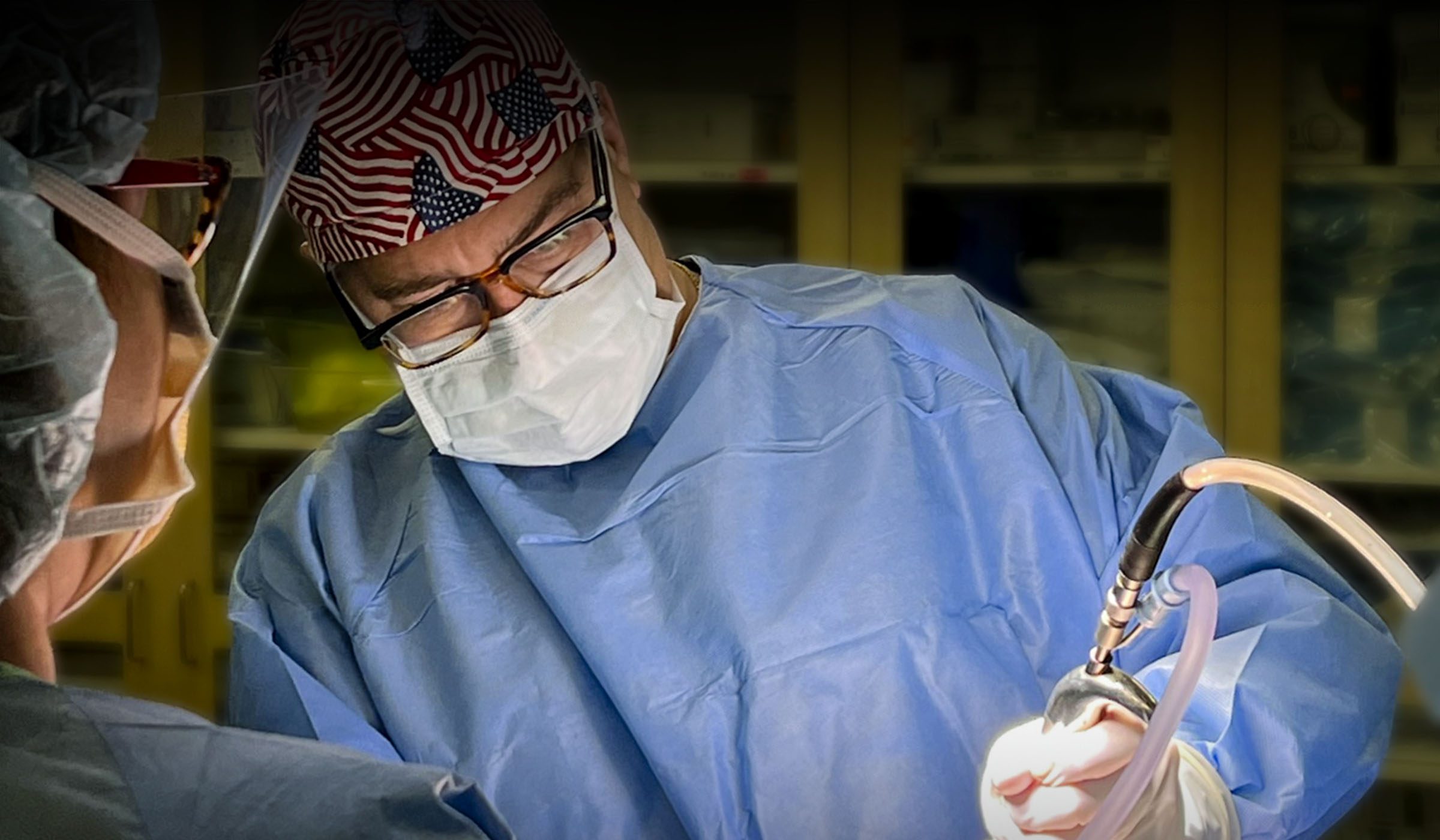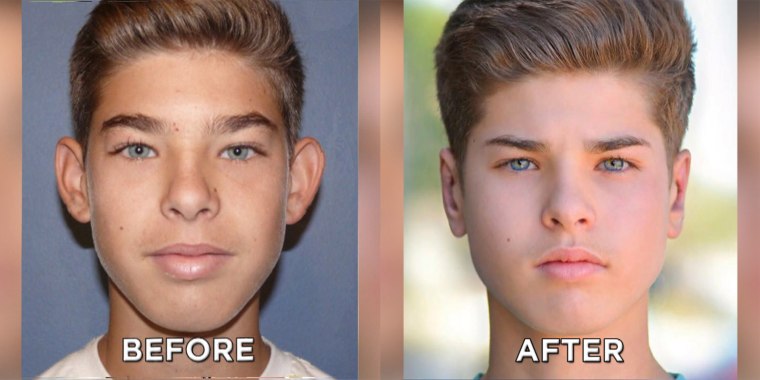A Deep Study the Common Reason for Looking For Cosmetic Surgical Treatment: Unboxing the Desire for Change and Self-Improvement

Social Stress and Appeal Standards
Frequently, societal pressures and dominating elegance criteria play a substantial duty in people' choices to go after plastic surgery (liposuction bellevue). In contemporary culture, graph greatly affects personal understandings of beauty, typically continued by media, star endorsements, and social platforms. These networks often promote idyllic versions of beauty, leading people to internalize these criteria and assess their self-worth versus them

Furthermore, these pressures are not restricted to certain demographics; they impact individuals throughout different ages, genders, and backgrounds, highlighting the prevalent nature of appeal requirements. This widespread impact elevates essential questions about the values of cosmetic surgical procedure and the ramifications of societal standards on specific options. Ultimately, recognizing these stress is vital for promoting a much more inclusive interpretation of beauty that commemorates diversity.
Individual Experiences and Transformative Stories
Numerous people who undergo cosmetic surgical procedure record transformative experiences that extend past mere physical adjustments. For several, these treatments work as a driver for enhanced self-confidence and a renewed sense of identity. People regularly describe feeling freed from long-lasting insecurities, resulting in boosted confidence in both individual and specialist worlds.
Take, for instance, the story of a young woman that went through breast enhancement after years of sensation uncomfortable concerning her appearance. Post-surgery, she reported not only a newfound comfort in her body yet additionally a substantial renovation in her social life and profession possibilities. Likewise, a middle-aged male who chose to undergo a facelift shared exactly how the procedure revitalized his overview on life, triggering him to pursue new interests and partnerships.

Psychological Variables Behind Cosmetic Surgical Treatment
Many mental variables contribute to the choice to undertake cosmetic surgical treatment, reflecting deeper psychological and mental wellness considerations. Individuals commonly go after medical enhancements as a way to attend to feelings of insufficiency, low self-worth, or dissatisfaction with their appearance. These mental motivations can be rooted in past experiences, social contrasts, or personal desires.
Body photo distortion is a widespread issue, where individuals perceive their physical qualities in an exaggeratedly negative light. This distortion can lead to obsessive thoughts about perceived imperfections, triggering the wish for surgical change as a remedy. Furthermore, the quest of perfection and social pressures can amplify these feelings, pushing individuals towards aesthetic treatments in hopes of attaining an idyllic version of themselves.
Moreover, the concept of self-improvement plays a critical function. Numerous individuals watch cosmetic surgery as a path to boost their top quality of life, believing that enhanced appearance will certainly bring about boosted social acceptance, far better partnerships, or boosted profession possibilities. Inevitably, the emotional variables behind cosmetic surgery highlight the intricate interplay in between private self-perception and exterior influences, disclosing the multifaceted nature of the wish for change.
The Function of Media in Assumption
In today's culture, media plays a pivotal role in shaping understandings of beauty and self-regard. Through various platforms-- social media sites, television, and marketing-- idyllic requirements of elegance are often disseminated, influencing private goals and self-image. These representations often stress slim definitions of attractiveness, mainly including vibrant, i was reading this slim, and digitally improved photos, which can develop impractical criteria for individuals striving to adapt.
The effect of media is additional aggravated by the pervasive nature of social networks, where users are pounded with curated content that highlights cosmetic improvements, recommending a culture of comparison. This continuous direct exposure can lead to feelings of insufficiency amongst visitors, motivating them to take into consideration cosmetic surgical procedure as a way of accomplishing the regarded suitable. Research shows that people who engage with these media representations are most likely to reveal dissatisfaction with their appearance, enhancing the wish for medical treatments.
Furthermore, the normalization of cosmetic surgery in media narratives can desensitize target markets, framing such procedures as commonplace and even required for social approval. Thus, the media's portrayal of charm not just affects individual options relating to cosmetic surgical procedure but likewise adds to a wider societal dialogue regarding self-worth and identity.
Moral Considerations and Future Fads
In the middle of the growing appeal of plastic surgery, ethical factors to consider bordering the practice have actually become increasingly prominent. As the need for treatments increases, so as well do worries regarding educated authorization, the mental motivations of people, and the possibility for exploitation by specialists. It is crucial for experts to make sure that individuals like it totally recognize the benefits and dangers, along with the implications of their selections, to foster an accountable technique to aesthetic improvements.
Additionally, the influence of social media sites and beauty standards increases concerns concerning the impact on psychological wellness, particularly among at risk populations. As recognition of body picture problems expands, moral practice necessitates a careful examination of the motivations behind medical interventions. Specialists have to balance patient desires with ethical duty, ensuring that decisions are rooted in real self-improvement instead than societal pressures.
Wanting to the future, patterns may shift towards non-invasive and technologically advanced treatments, stressing patient security and contentment. In addition, the incorporation of mental examinations can help deal with underlying issues prior to medical treatment. The plastic surgery field must adapt to these ethical difficulties while promoting a society of openness and self-acceptance, ultimately prioritizing the health of individuals.
Final Thought
To conclude, the quest of cosmetic surgical procedure is influenced by a confluence of societal stress, individual experiences, and mental aspects. The desire for positioning with dominating appeal standards, coupled with the potential for transformative outcomes, emphasizes the intricate inspirations driving individuals toward these treatments. In addition, the duty of media fit understandings of beauty can not be understated. As moral factors to consider develop, future trends in cosmetic surgery will likely mirror continuous societal discussions bordering self-improvement and individual identification.
Often, societal pressures and prevailing elegance criteria play a substantial function in individuals' decisions to pursue cosmetic surgery. liposuction bellevue. Eventually, these transformative stories highlight the multifaceted factors people look for cosmetic surgical procedure, linking personal development with the search of visual improvement
Numerous people see cosmetic surgery as a path to improve their quality of life, thinking that enhanced look will lead to raised social approval, better connections, or improved profession chances. Inevitably, the psychological elements behind cosmetic surgical procedure underscore the intricate interaction in between private self-perception and exterior impacts, revealing the complex nature recommended you read of the wish for change.
As ethical factors to consider evolve, future trends in cosmetic surgical treatment will likely mirror ongoing societal dialogues surrounding self-improvement and specific identification. liposuction bellevue.